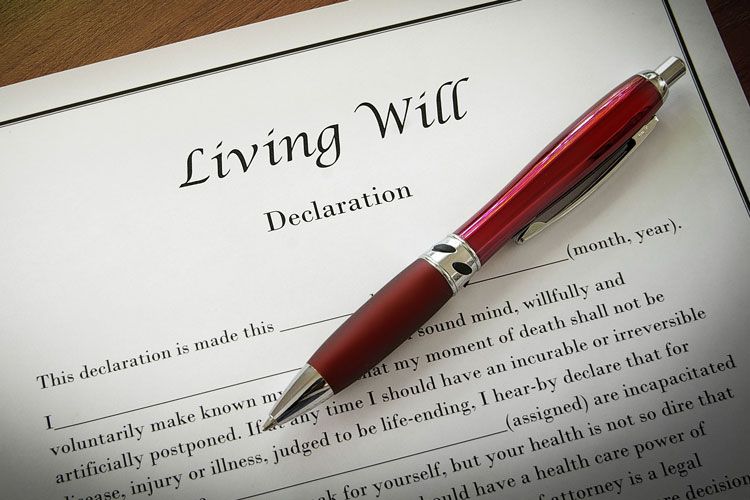Death is a morbid subject that many people prefer to avoid. No wonder a large number of people pass on without a Will. A Will is a legal document that helps you- the testator- to declare how your assets will be managed in the event of your death. Your estate can be big things including a home or small items with sentimental value like photos. The person that is to manage your Will is called an executor, and their job is to execute your wishes.
A Will can also be used to declare the guardian of your dependents and who gets to inherit specific items you own. A person who receives your property is referred to as a beneficiary. There are property types like retirement accounts and insurance policies that will not be listed in your Will so the document must first declare your assets. What then is the purpose of a Will?
· It determines who gets your possessions
Sometimes friends, families and business associates can spend decades after your death fighting over your assets either in person or in court. Fights cost everyone money and will likely harm your kids. A Will declares who you prefer to get what.
· It establishes guardianship
Every parent wants their child to have the best upbringing possible. A Will, will make sure that you leave your children with a responsible guardian. Courts will give guardianship to any person you appoint.
Note that legally speaking, any person who is there during the signing of the Will cannot be named as a beneficiary. Remember also that the person who you name as executor will take responsibility for debts and taxes for your estate. This responsibility is in addition to making sure that the people who are to inherit your property do.
If you die without a Will, the legal system allows courts to give everything you own to the closest surviving relative. They also get custody over minor children under succession laws. How then can a lawyer help you?
· To follow the formal requirements for making Wills
For a Will to be valid, it must be in writing and needs to have the testator’s signature. The testator needs to be of sound understanding, memory, and a sound mind and these people cannot be beneficiaries or the testator’s spouse. Finally, the witnesses must sign in the presence of each other. A lawyer ensures that all these requirements are met.
· To update your Will
Sometimes, after separation or divorce, or after marriage, you may need to update your Will. One may also update their Will if they get grandchildren or if the executor becomes ill and can no longer perform the responsibilities. You could also need to change your Will if a spouse or a beneficiary dies.
Other than the two primary responsibilities, your solicitor will make sure that the Will is drafted correctly and that your wishes are expressed clearly. They will guide how you can provide for your children, spouse, and dependents without meeting any challenges. The lawyer can notice any superannuation benefits or possible liabilities and advise accordingly.
To read more on topics like this, check out the lifestyle category.
